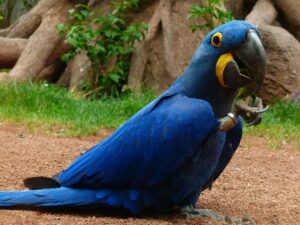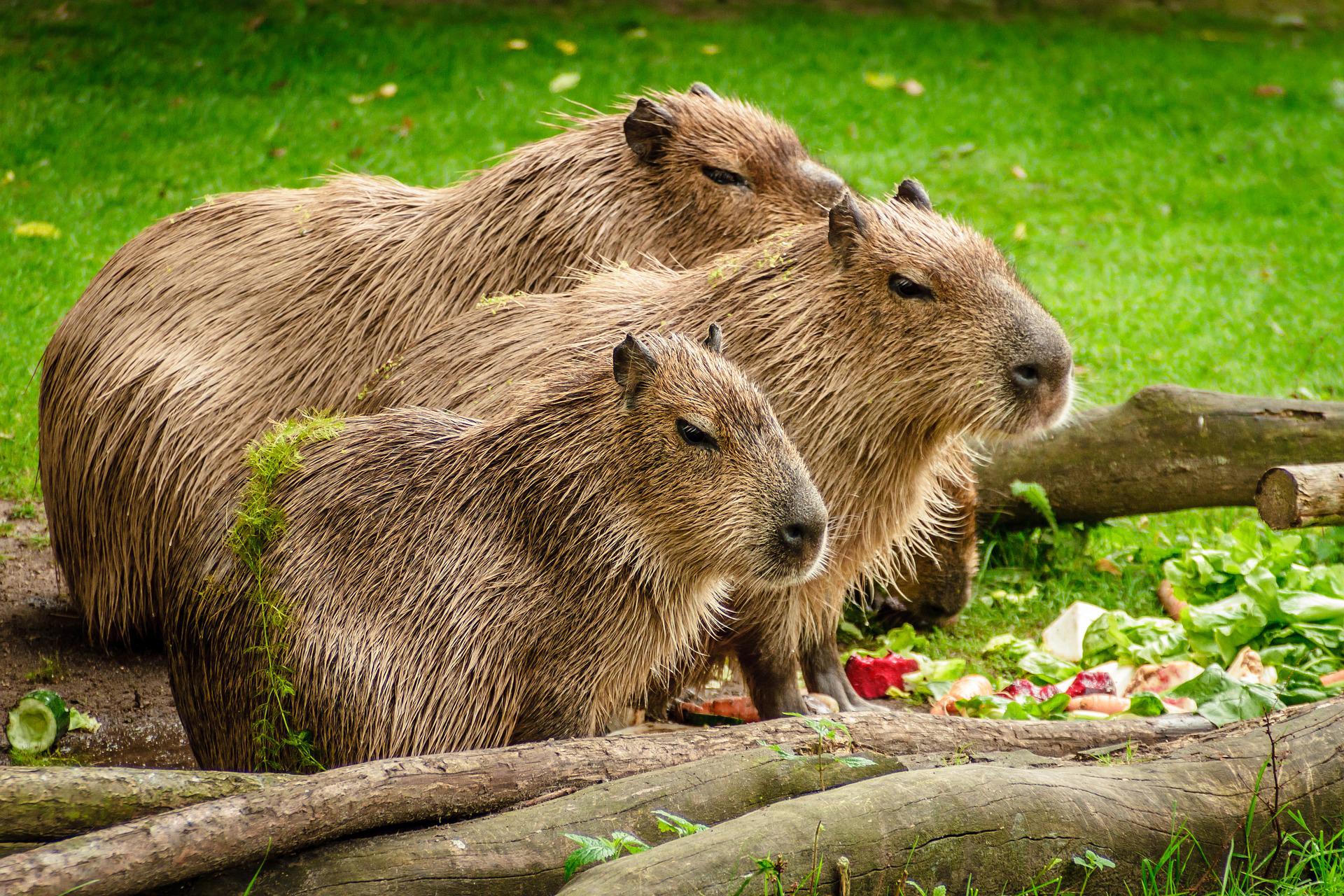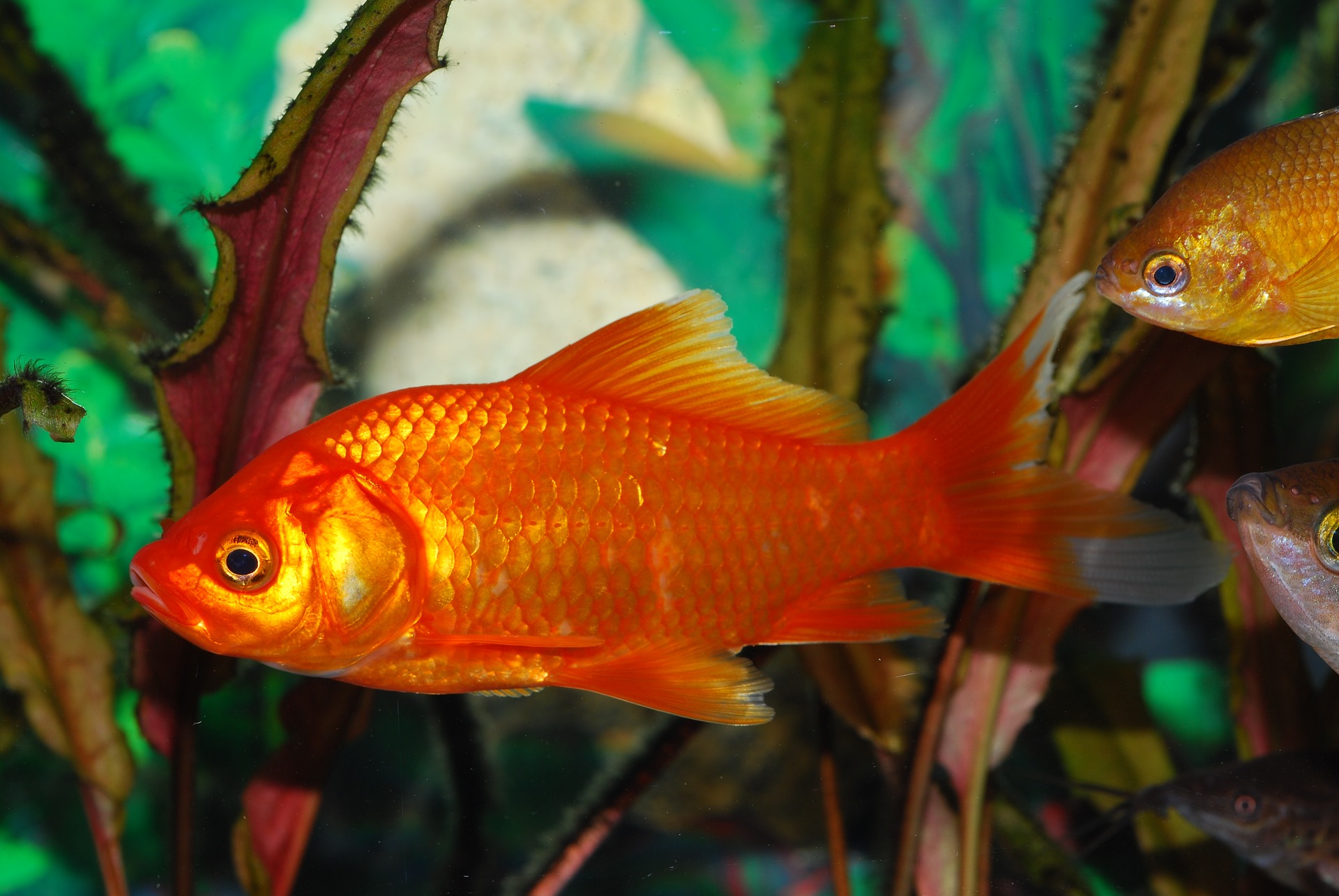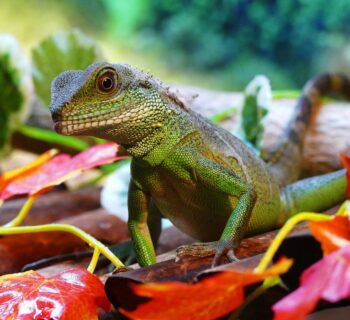 Hyacinth Macaw parrots are beautiful to look at with their stunning deep blue color. They're also exceptionally gentle and playful which makes them a wonderful pet. This bird can be sympathetic to your moods. An affectionate parrot that loves attention they should be raised with loving care. If you're affectionate to your parrot then they will give affection and loving attention back to you. They need to trust you before they will bond with you. It's important that you train them and it shouldn't be difficult to do. There at times where hyacinth macaw birds can act demanding, stubborn and cranky. Even though they are usually sweet you need to learn to understand their body language or you could have some problems. Expose them to many things such as other pets, people, veterinary visits and objects. This should be done when they're young to avoid fearful behavior. Also, introduce hyacinth macaws to new things slowly. They should be taught to socialize around eight to ten weeks old. Socializing your parrot will give them some confidence when he's among humans or other pets. They can develop into insecure birds and become maladjusted if their not socialized properly. Your macaw needs to socialize early with many people or they will bond only with you.
Hyacinth Macaw parrots are beautiful to look at with their stunning deep blue color. They're also exceptionally gentle and playful which makes them a wonderful pet. This bird can be sympathetic to your moods. An affectionate parrot that loves attention they should be raised with loving care. If you're affectionate to your parrot then they will give affection and loving attention back to you. They need to trust you before they will bond with you. It's important that you train them and it shouldn't be difficult to do. There at times where hyacinth macaw birds can act demanding, stubborn and cranky. Even though they are usually sweet you need to learn to understand their body language or you could have some problems. Expose them to many things such as other pets, people, veterinary visits and objects. This should be done when they're young to avoid fearful behavior. Also, introduce hyacinth macaws to new things slowly. They should be taught to socialize around eight to ten weeks old. Socializing your parrot will give them some confidence when he's among humans or other pets. They can develop into insecure birds and become maladjusted if their not socialized properly. Your macaw needs to socialize early with many people or they will bond only with you.
Hyacinths are very intelligent, inquisitive and learn new things very quickly. They need to be properly stimulated with regular interaction with people and different types of toys. They have very strong beaks so their toys should be big and strong. Hard woods such as wooden blocks are good for them to chew on. Since they're such strong chewers they should have a cage that is made well. The cage should also be big enough that your macaw will be comfortable. They can also put tremendous pressure on your fingers so be very careful
Macaws are found in southwestern Brazil, Northeastern Bolivia, Western Bolivia, and Northeastern Paraguay. It's been said that the hyacinth macaw is mainly a rainforest bird but this isn't true. These birds prefer lightly forested areas and avoid heavy forested areas. They are usually found in tall trees and near rivers.
A Hyacinth Macaw has a huge appetite and eats nuts of the Scheela Palm and Atalia Palm when in the wild. Their large bill cuts palm nuts as well as a metal cutting saw. Their diet needs to be high in saturated fat and low protein. When in captivity they should be fed a balanced diet of fruits and nuts. Apples, cherries, plums and peaches are some of the fruits they can be given. You can also give them macadamia nuts, brazil nuts and walnuts. Don't feed them too many walnuts because if macaws consume a lot of oil they can get pancreatitis. Always check walnuts and brazil nuts to make sure they aren't rancid inside. Peanuts, chocolate, avocado and caffeine are not good for a hyacinth macaw. Do research on any foods you're not sure would be healthy.








